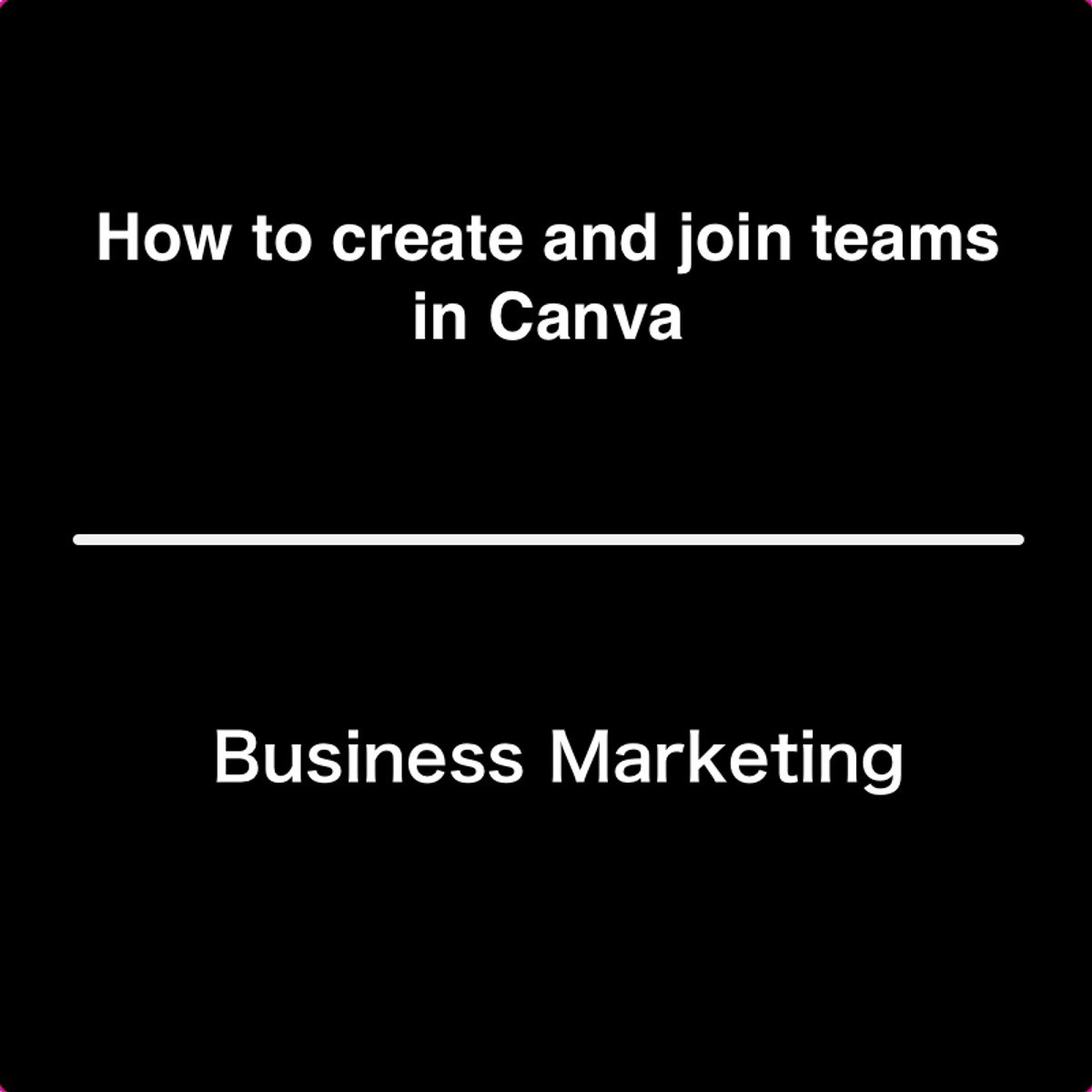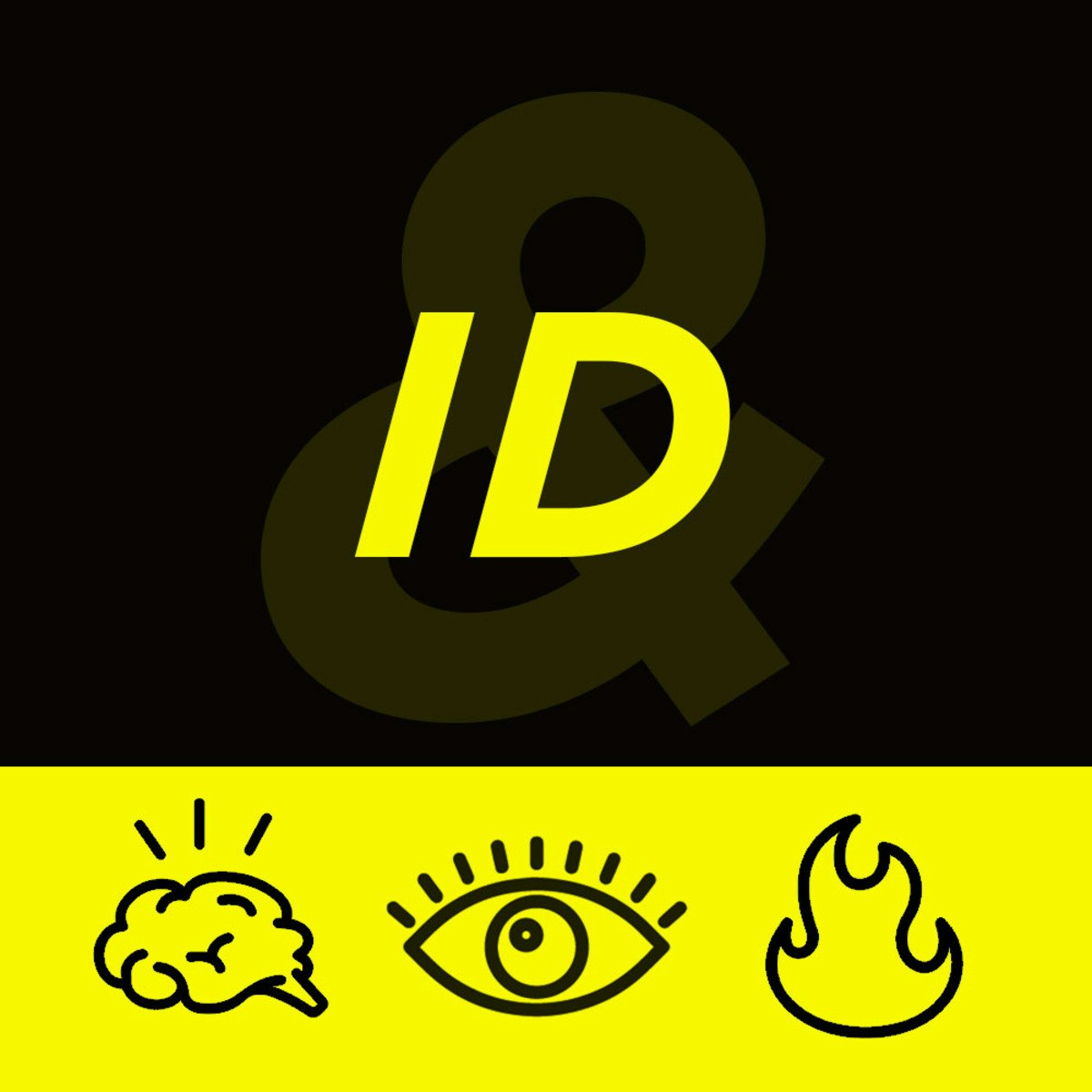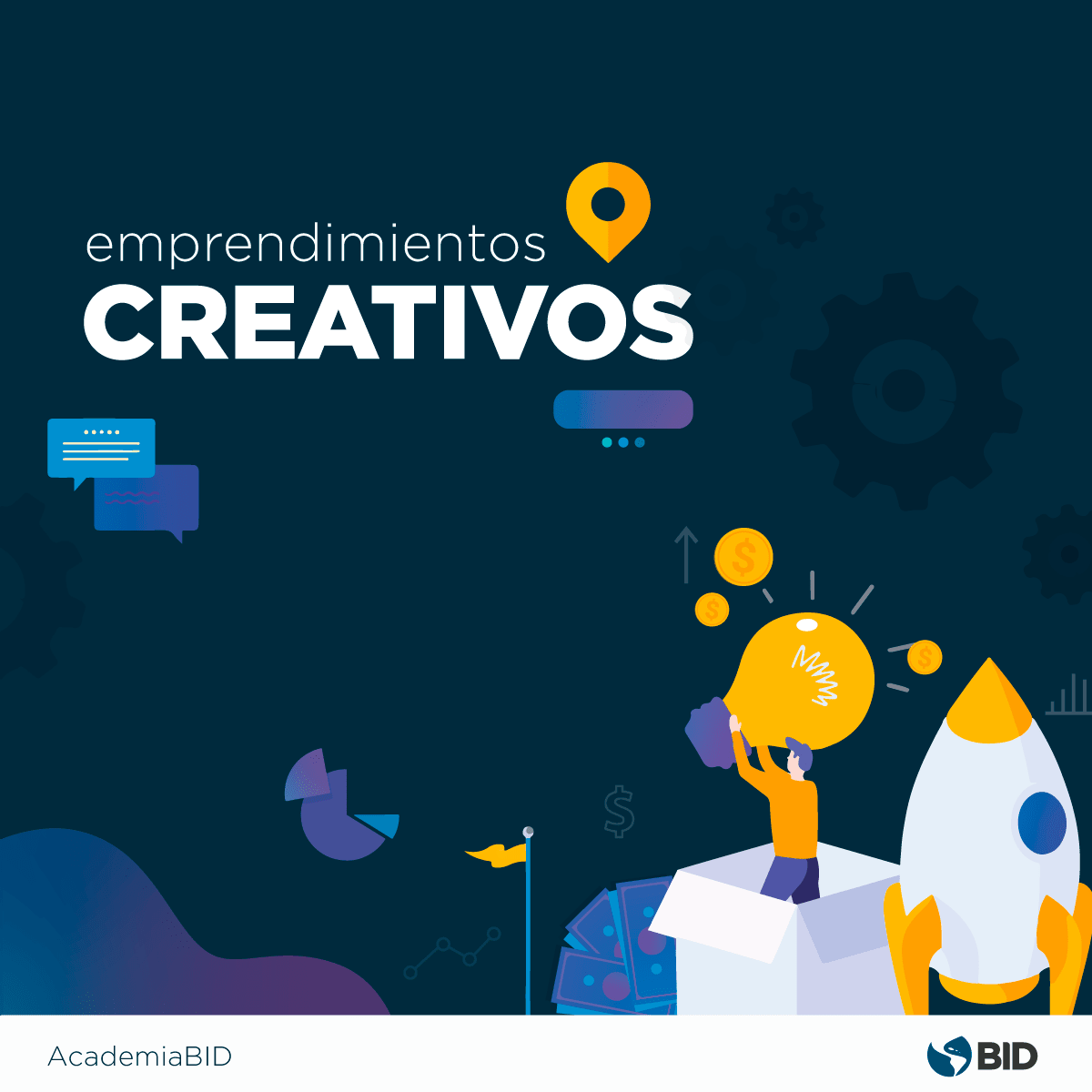Creative Director
Creative Director: Charting the Course of Creativity
A Creative Director stands at the helm of creative endeavors, guiding the artistic and communicative direction of projects across a multitude of industries. They are the visionaries who translate abstract ideas and strategic goals into compelling visual narratives, tangible designs, and engaging experiences. This role demands a unique blend of artistic talent, strategic thinking, and leadership prowess.
Imagine shaping the look and feel of a global advertising campaign, defining the aesthetic of a groundbreaking video game, or crafting the visual identity for a fashion brand. These are the kinds of challenges that energize a Creative Director. They lead teams of talented individuals, fostering an environment where innovative ideas flourish while ensuring the final output aligns perfectly with brand objectives and resonates deeply with the target audience.
Introduction to the Creative Director Role
Defining the Visionary: What is a Creative Director?
A Creative Director is a senior leadership position responsible for overseeing the creative vision and execution of projects within organizations. Found often in advertising, marketing, design, entertainment, fashion, and technology sectors, their primary function is to ensure that the creative output—be it a campaign, product, or brand identity—is cohesive, impactful, and strategically sound.
They guide teams of designers, copywriters, artists, and other creative professionals, setting the overall artistic tone and direction. Think of them as the conductor of a creative orchestra, ensuring every element works harmoniously to achieve a specific objective. While their focus is on the creative execution, they must also understand business goals and market dynamics.
This role often requires a blend of artistic sensibility and strategic thinking. A Creative Director doesn't just generate ideas; they evaluate them, refine them, and steer the team towards solutions that are both innovative and effective in meeting client or company needs.
Explore the foundational concepts of creative leadership and brand building with these resources.
A Look Back: The Evolution of Creative Leadership
The role of the Creative Director has evolved significantly alongside changes in media, technology, and business strategy. Historically rooted in advertising agencies and publishing houses, the position initially focused heavily on print media and visual aesthetics, often overlapping with the Art Director role.
With the rise of television and later the internet, the scope expanded to include broadcast media, interactive design, and digital experiences. The title "Creative Director" became more prevalent, signifying a broader responsibility for the overall concept and messaging across multiple channels, not just the visuals.
Today, digital transformation continues to reshape the role. Creative Directors must now navigate social media, mobile platforms, immersive technologies like VR/AR, and the influence of data analytics and AI on creative processes. The need for strategic thinking and cross-functional collaboration has become paramount.
Where They Thrive: Industries Employing Creative Directors
Creative Directors are indispensable figures in a wide array of industries where compelling communication and strong visual identity are crucial. The most traditional homes for this role are advertising agencies and marketing departments, where they develop campaigns for diverse clients or internal brands.
The entertainment industry, including film (where the role might be called Production Designer), television, music, and video games, relies heavily on Creative Directors to shape the aesthetic and narrative experience. Fashion houses employ them to define the vision for collections, shows, and brand imagery.
Technology companies, software development firms, and digital media outlets also increasingly hire Creative Directors to guide user experience (UX), interface design (UI), and digital content strategy. Publishing houses, branding agencies, and even non-profits utilize their expertise to create engaging and consistent communications.
The Creative Director's Mandate
Core Duties: Setting the Vision, Leading the Team
The primary responsibility of a Creative Director is to establish and maintain the creative vision for projects, campaigns, or entire brands. This involves developing concepts, setting artistic guidelines, and ensuring all creative work aligns with strategic objectives and brand identity.
Leadership is a fundamental aspect of the role. Creative Directors manage and inspire teams of designers, writers, artists, and other specialists. They provide clear direction, offer constructive feedback, foster collaboration, and motivate their teams to produce high-quality, innovative work under often tight deadlines.
They are also responsible for quality control, ensuring the final output meets exceptional standards and client expectations. This involves overseeing the entire creative process, from initial brainstorming and concept development through to final execution and delivery.
These courses delve into creative thinking and idea development, crucial for setting a strong vision.
The Art of Collaboration: Working Across Functions
Creative Directors rarely work in isolation. Effective collaboration across different departments and with external stakeholders is key to success. They act as a bridge between the creative team and other parts of the business, such as marketing, sales, product development, and executive leadership.
Internally, they work closely with Art Directors, Graphic Designers, Copywriters, UX/UI designers, developers, and project managers. They ensure everyone understands the creative vision and works together seamlessly to bring it to life.
Externally, especially in agency settings, Creative Directors interact directly with clients. They present creative concepts, interpret client feedback, manage expectations, and build strong working relationships. Understanding client needs and effectively communicating the creative strategy are vital components of the role.
Teamwork and collaboration are essential skills. These courses focus on enhancing collaborative creativity.
Agency Life vs. In-House Roles: Key Differences
The experience of a Creative Director can vary significantly depending on whether they work for an agency or in-house for a specific company or brand. Agency Creative Directors typically juggle multiple clients across different industries, leading to diverse projects and often faster-paced work environments.
Agency roles demand adaptability and the ability to quickly understand and translate various brand identities and objectives. They often focus on specific campaigns or projects with defined timelines. The pressure can be high, but the variety of work can be stimulating.
In-house Creative Directors, conversely, focus deeply on a single brand or organization. They develop a profound understanding of the brand's identity, audience, and long-term strategic goals. Their work often involves building and maintaining brand consistency across all touchpoints over extended periods, requiring a more strategic, long-term perspective.
Essential Skills and Competencies
The Balancing Act: Creativity Meets Management
A successful Creative Director masterfully balances potent creative vision with strong managerial capabilities. While artistic talent and innovative thinking are foundational, they must be paired with the ability to lead teams, manage projects, and align creative output with business objectives.
This involves translating abstract creative concepts into actionable plans and guiding a team through the execution process. It requires not only generating ideas but also evaluating their feasibility, strategic fit, and potential impact. They must inspire and nurture the creativity of others while maintaining focus on deadlines and budgets.
Effective leadership in this context means fostering a collaborative environment, providing clear direction, giving constructive feedback, and resolving conflicts. It's about empowering the team while ensuring the final product meets the highest standards of quality and effectiveness.
Technical Toolkit: Software and Storytelling Proficiency
While Creative Directors may not be hands-on designing every day, a strong understanding of relevant technologies and tools is crucial. Proficiency or familiarity with industry-standard design software, such as the Adobe Creative Suite (Photoshop, Illustrator, InDesign), is often expected.
Beyond static design, understanding digital platforms, web design principles, video production, animation, and potentially UX/UI design is increasingly important in today's digital-first landscape. This technical literacy allows them to guide teams working across various media effectively.
Storytelling is another critical technical skill. Creative Directors must be adept at crafting compelling narratives across different formats – visual, written, and interactive – to connect with audiences and convey brand messages effectively.
The Human Element: Soft Skills for Success
Technical skills and creative vision are essential, but soft skills truly elevate a Creative Director. Exceptional communication abilities are paramount – clearly articulating creative concepts, presenting ideas persuasively to clients and stakeholders, and providing constructive, actionable feedback to team members.
Strong interpersonal skills are necessary for building rapport with clients, collaborating effectively with diverse teams, and navigating complex organizational dynamics. Client management involves understanding needs, managing expectations, and fostering trust.
Problem-solving, adaptability, and resilience are also critical. Creative Directors often face tight deadlines, budget constraints, and unexpected challenges. The ability to think on their feet, pivot when necessary, and maintain composure under pressure is vital for guiding projects to successful completion.
Forging the Path: Becoming a Creative Director
Starting Points: Foundational Creative Roles
The journey to becoming a Creative Director typically begins with foundational roles in creative fields. Many start their careers as Graphic Designers, honing their visual skills and understanding of design principles. Others begin as Copywriters, mastering the art of persuasive and engaging language.
Other common starting points include roles like junior art director, photographer, illustrator, animator, or production assistant. These entry-level positions provide essential hands-on experience, allowing individuals to build technical proficiency, understand creative workflows, and contribute to projects under supervision.
During these early years, the focus should be on mastering the craft, learning from experienced professionals, understanding different industries or client needs, and beginning to build a portfolio of high-quality work.
Climbing the Ladder: Mid-Career Advancement
After gaining several years of experience and demonstrating strong creative talent and reliability, professionals typically advance to mid-career roles. Positions like Senior Graphic Designer, Senior Copywriter, or Art Director represent significant steps forward.
In these roles, individuals often take on more responsibility, leading smaller projects or aspects of larger campaigns. They may begin to supervise junior team members, contribute more significantly to concept development, and interact more directly with clients or internal stakeholders.
Further progression might lead to roles like Associate Creative Director, where individuals take on greater leadership responsibilities, manage larger teams or key accounts, and play a more central role in shaping the creative direction under the guidance of a Creative Director.
Developing leadership skills and a strategic perspective becomes increasingly important during this phase, alongside continued creative excellence.
The Power Portfolio: Showcasing Your Journey
A compelling portfolio is arguably the most critical asset for anyone aspiring to become a Creative Director. It serves as tangible proof of your skills, creativity, strategic thinking, and the impact of your work. It's often more influential than a resume or even formal education.
Your portfolio should showcase your best and most relevant work, demonstrating a range of styles, projects, and industries if possible. Focus on quality over quantity. Include projects that highlight not just aesthetic skill but also problem-solving abilities and successful outcomes (e.g., improved brand awareness, increased sales).
Structure your portfolio thoughtfully, perhaps using case studies to explain the challenge, your creative process, and the results achieved. Ensure it's well-organized, easy to navigate (especially if online), and reflects your personal brand and creative vision. Regularly update it as your career progresses.
These courses can help you build and refine your portfolio.
Educational Foundations
University Degrees: Building Blocks for Creativity
While not always mandatory, a bachelor's degree is a common starting point for many Creative Directors. Degrees in fields like Graphic Design, Fine Arts, Advertising, Marketing, or Communications provide foundational knowledge and skills relevant to the creative industries.
Design and fine arts programs develop visual literacy, aesthetic sensibilities, and technical skills in various media. Communications and marketing degrees offer insights into strategic thinking, brand management, consumer behavior, and persuasive messaging.
Regardless of the specific major, university education often helps develop critical thinking, problem-solving, research, and communication skills – all valuable assets for a future leader. The key is to focus on programs that emphasize both creative execution and strategic understanding.
Advanced Studies: Specialization and Enhancement
For those seeking to deepen their expertise or gain a competitive edge, pursuing graduate studies or specialized certifications can be beneficial, though typically not required. A Master of Fine Arts (MFA) can offer advanced creative training and opportunities for focused portfolio development.
Alternatively, a Master of Business Administration (MBA), particularly with a concentration in Marketing or Leadership, can significantly enhance the strategic and managerial skills crucial for a Creative Director role. This path might be particularly attractive for those aiming for leadership in larger organizations or complex business environments.
Specialized certificate programs in areas like Brand Strategy, Digital Marketing, UX Design, or specific software suites can also provide targeted skill boosts and demonstrate commitment to continuous learning.
Learning by Doing: Internships and Mentorship
Formal education provides a strong foundation, but real-world experience gained through internships and mentorship is invaluable. Internships offer practical exposure to industry workflows, client interactions, and collaborative environments early in one's career.
They provide opportunities to apply classroom knowledge, learn from seasoned professionals, build initial portfolio pieces, and establish crucial industry connections. Many entry-level positions prioritize candidates with relevant internship experience.
Mentorship, whether formal or informal, plays a critical role throughout a creative career. Learning from experienced Creative Directors or other senior professionals provides guidance, insights into navigating career challenges, feedback on work, and networking opportunities that can accelerate growth and advancement.
Leveraging Online Learning for Skill Development
Diverse Course Offerings: Targeting Key Skills
Online learning platforms offer a vast and accessible array of courses perfectly suited for aspiring and current creative professionals. You can find courses targeting specific skills needed for a Creative Director role, from technical proficiencies to strategic thinking and leadership.
Platforms like OpenCourser aggregate thousands of courses covering topics such as Graphic Design, UX/UI Design, Brand Strategy, Digital Marketing, copywriting, video production, animation, and specific software like Adobe Photoshop or Figma.
These online resources allow learners to acquire new skills, stay updated on industry trends, or deepen expertise in particular areas at their own pace and often at a lower cost than traditional education.
These courses cover branding, design thinking, and creative software, key areas for Creative Directors.
Crafting Your Curriculum: Self-Directed Learning
Online learning empowers individuals to create personalized learning paths tailored to their specific goals and knowledge gaps. Whether you're supplementing a formal degree, pivoting from another career, or entirely self-taught, you can curate a curriculum focused on the competencies required for creative leadership.
Start by assessing your current skills and identifying areas for development. Use platforms like OpenCourser to search for relevant courses across various providers. Look for courses that offer practical projects, expert instructors, and positive learner reviews.
Self-directed learning requires discipline and motivation. Set clear goals, establish a regular study schedule, and actively engage with the material. OpenCourser's Learner's Guide offers valuable tips on structuring your learning, staying motivated, and making the most of online courses.
These courses encourage developing your creative potential and confidence.
Putting Knowledge into Practice: Validating Skills
Completing online courses demonstrates initiative and knowledge acquisition, but applying those skills in real-world scenarios is crucial for validation. Seek opportunities to put your newly learned skills into practice through tangible projects.
Consider taking on freelance assignments, even small ones, to gain experience working with clients and deadlines. Develop personal projects that allow you to explore your creative interests and showcase specific skills learned online. Contributing to volunteer projects or community initiatives can also provide valuable experience.
These projects become essential additions to your portfolio, demonstrating practical application of your skills to potential employers or clients. They bridge the gap between theoretical knowledge gained online and the proven ability to deliver results.
These courses focus on practical application and project creation.
Navigating the Evolving Creative Landscape
The Rise of AI: Augmenting Creative Workflows
Artificial Intelligence (AI) is rapidly becoming a significant force within the creative industries, influencing workflows from ideation to execution. AI tools can assist with tasks like generating initial concepts, creating imagery (Midjourney, DALL-E), writing copy variations, analyzing data for personalized content, and automating repetitive production tasks.
For Creative Directors, this means understanding AI's capabilities and limitations, identifying opportunities to integrate AI tools responsibly, and guiding teams on their ethical use. Studies suggest AI can significantly increase productivity and efficiency by automating certain tasks, freeing up creatives to focus on higher-level strategy and innovation, as highlighted in research by firms like McKinsey.
However, challenges remain around copyright, intellectual property, and ensuring AI outputs align with brand voice and quality standards. Leaders must stay informed and adapt their strategies to leverage AI effectively while mitigating risks.
Explore the intersection of AI and creativity with these resources.
Digital Dominance: The Shift to Digital-First Campaigns
The ongoing shift towards digital media continues to dominate marketing and advertising strategies. Creative Directors must lead teams adept at creating compelling experiences across a wide range of digital channels, including websites, social media platforms, mobile apps, email marketing, and interactive content.
This digital-first approach demands an understanding of platform-specific best practices, user behavior online, and how to integrate different digital touchpoints into cohesive campaigns. Short-form video content, interactive ads, and personalized experiences are increasingly expected by consumers.
Furthermore, emerging technologies like Augmented Reality (AR) and Virtual Reality (VR) offer new frontiers for immersive brand storytelling. Creative Directors need to stay abreast of these technological advancements and explore how they can be incorporated into innovative campaigns, as noted in discussions around 2025 marketing trends.
Borderless Creativity: Global Demand and Remote Teams
Globalization and the rise of remote work have significantly impacted the demand for creative leadership. Companies increasingly operate across borders, requiring creative work that resonates with diverse international audiences while maintaining global brand consistency.
This creates opportunities for Creative Directors with cultural intelligence and experience in adapting campaigns for different markets. The creative economy is a rapidly growing global sector, particularly in services and emerging markets, driving demand for skilled creative leaders.
Remote work trends have also expanded the talent pool, allowing companies to hire creative professionals from anywhere in the world. However, this also presents challenges for Creative Directors in managing distributed teams, fostering collaboration virtually, and maintaining team cohesion and culture across distances.
Facing the Headwinds: Challenges and Ethics
The Creative Compromise: Balancing Art and Commerce
One of the perennial challenges for Creative Directors is navigating the tension between pure creative expression and the commercial objectives of a business or client. Ideas must be innovative and engaging, but also strategically sound, achievable within budget, and effective in driving results.
This requires strong negotiation skills, the ability to articulate the strategic value of creative choices, and a willingness to compromise when necessary. Creative Directors must champion bold ideas while also being pragmatic about constraints and client feedback.
Successfully managing this balance involves fostering a clear understanding of project goals within the creative team and ensuring alignment with client expectations throughout the process. It's about finding solutions that are both creatively satisfying and commercially successful.
Navigating Murky Waters: Ethical Considerations
Creative Directors often face complex ethical dilemmas in their work. Advertising and marketing campaigns can influence public perception and behavior, creating a responsibility to ensure messages are truthful, respectful, and avoid harmful stereotypes.
Issues such as cultural appropriation, lack of diversity and representation in creative work, greenwashing, and the privacy implications of data-driven personalized advertising require careful consideration. Creative leaders must establish ethical guidelines for their teams and make conscientious decisions.
Maintaining authenticity and transparency is crucial for building brand trust. Creative Directors play a key role in ensuring that the creative output aligns with ethical standards and promotes positive values.
The Pressure Cooker: Managing Workload and Burnout
The creative industries are often characterized by high pressure, demanding deadlines, and long working hours. Creative Directors bear significant responsibility for project success, team performance, and client satisfaction, which can contribute to stress and potential burnout.
Managing workload effectively, both for themselves and their teams, is a critical leadership challenge. This involves realistic project planning, clear communication, setting boundaries, and advocating for adequate resources and timelines.
Fostering a supportive team culture that prioritizes well-being and encourages open communication about workload pressures is essential. Recognizing the signs of burnout and promoting healthy work-life balance are key aspects of sustainable creative leadership.
The Global Stage: Creative Direction Across Borders
Compensation Landscape: Regional Salary Variations
Compensation for Creative Directors varies considerably based on geographic location, industry, company size, and years of experience. Major metropolitan areas and regions with high concentrations of creative industries typically offer higher salaries.
In the United States, the Bureau of Labor Statistics groups Creative Directors with Art Directors, reporting a median annual wage of $106,500 in May 2023. However, salary surveys from firms like Robert Half often provide more granular data, showing midpoints potentially around $97,750 for Art Directors, with Creative Director roles likely commanding higher figures, potentially averaging near $200k at certain firms.
Salaries in other regions, like Europe or Asia, will differ based on local economic conditions and industry maturity. Researching salary benchmarks specific to the target region and industry is crucial for those considering international roles.
Bridging Cultures: Adaptation in Multinational Roles
Working as a Creative Director in a multinational context, or leading campaigns for global markets, requires strong cultural intelligence and adaptability. Creative concepts, visuals, and messaging must be carefully evaluated and often modified to resonate with local cultural nuances, values, and languages.
Successful cross-cultural campaigns often involve collaboration with local teams or experts to ensure cultural relevance and avoid unintentional missteps. Brands like Coca-Cola ("Share a Coke") and McDonald's (local menu adaptations) demonstrate effective cultural adaptation by tailoring global concepts to local markets.
Understanding different communication styles, social norms, and consumer preferences across cultures is essential for leading diverse teams and creating globally effective creative work. Simply translating content is rarely sufficient; true adaptation considers the deeper cultural context.
New Horizons: Emerging Markets for Creative Talent
While established markets in North America and Europe remain major hubs, significant growth in the creative industries is occurring in emerging markets, particularly in Asia, Latin America, and parts of Africa. Digital transformation and increasing internet penetration are fueling demand for digital content and creative services.
Countries like India, Indonesia, Viet Nam, and others show strong potential, driven by local talent and growing demand for culturally relevant content, as highlighted in reports by organizations like the Asian Development Bank. These markets offer exciting opportunities for creative leaders.
However, challenges such as developing local talent pipelines, securing funding for creative projects, and navigating evolving regulatory environments persist in some emerging economies. Despite these hurdles, the long-term outlook suggests expanding opportunities for creative leadership roles globally.
Frequently Asked Questions about Creative Directors
Is a formal degree mandatory to become a Creative Director?
While a bachelor's degree in a related field (like graphic design, marketing, fine arts, or communications) is common and often preferred by employers, it's not always a strict requirement. The creative industries increasingly value demonstrable skill, experience, and a strong portfolio.
Many successful Creative Directors have risen through the ranks based on their talent, proven track record, and leadership abilities, sometimes without a traditional four-year degree directly related to the field. Self-directed learning, online courses, workshops, and extensive hands-on experience can build the necessary competencies.
Ultimately, a compelling portfolio showcasing creative excellence and strategic thinking, combined with significant industry experience, often carries more weight than formal educational credentials alone. However, a degree can provide a valuable foundation and networking opportunities.
How does a Creative Director differ from a Marketing Director?
Although their roles often intersect and require close collaboration, Creative Directors and Marketing Directors have distinct primary focuses. The Creative Director concentrates on the *creative vision and execution* – the visual identity, artistic direction, concept development, and quality of the creative output across campaigns and brand communications.
The Marketing Director, on the other hand, focuses on the *overall marketing strategy* – market analysis, identifying target audiences, setting marketing goals, managing budgets, analyzing campaign performance, and aligning marketing efforts with broader business objectives. They oversee the strategic planning and analytical aspects.
In essence, the Creative Director shapes *how* the brand communicates creatively, while the Marketing Director determines *what* the strategic marketing goals are and *who* to target. The Creative Director often reports to or works in partnership with the Marketing Director to ensure creative work supports the marketing strategy.
What industries hire the most Creative Directors?
Creative Directors are sought after in a diverse range of industries where visual communication, branding, and creative content are vital. Traditionally, the highest concentrations are found in advertising agencies, marketing firms, and public relations companies.
The media and entertainment sectors are also major employers, including film studios, television networks, music labels, video game developers, and publishing houses (books, magazines). The fashion industry relies heavily on Creative Directors for brand vision and collection direction.
Furthermore, the rise of digital media has led to increased hiring in technology companies, software development firms, web design agencies, and digital media companies focusing on branding, user experience, and online content creation.
Can freelancers transition into a Creative Director role?
Yes, it is possible for experienced freelancers to transition into a Creative Director role, although it often requires a strategic approach. Freelancers build strong creative skills and diverse portfolios working across various projects and clients, which is valuable.
However, the Creative Director role heavily involves leadership, team management, strategic planning, and client/stakeholder management – aspects less commonly practiced in solo freelance work. To make the transition, freelancers typically need to demonstrate leadership potential, perhaps by leading collaborative projects, mentoring junior creatives, or taking on more strategic responsibilities within larger freelance engagements.
Building a strong network, showcasing strategic thinking in their portfolio (beyond just execution), and potentially seeking out contract or associate creative director roles can be stepping stones towards a full-time Creative Director position either in-house or at an agency.
How competitive is the job market for Creative Directors?
The job market for Creative Directors is generally considered highly competitive, particularly for positions at top-tier agencies, well-known brands, or major entertainment companies. It is a senior-level role that represents the culmination of a successful creative career.
While the U.S. Bureau of Labor Statistics projects faster-than-average growth for related fields like Art Directors (5-8%), indicating demand for creative leadership, the number of actual Creative Director positions is limited compared to more junior roles.
Success requires not only exceptional creative talent and a stellar portfolio but also proven leadership experience, strong communication skills, strategic acumen, and often, a deep understanding of specific industries or digital trends. Networking and continuous skill development are crucial for standing out.
What are alternative career paths for former Creative Directors?
The extensive experience and diverse skillset of a Creative Director open doors to various alternative career paths. Many leverage their strategic and brand expertise to become Brand Strategists or Marketing Consultants, advising companies on branding and communication.
Some move into higher-level executive roles within marketing or communications departments, such as VP of Marketing or Chief Creative Officer. Others use their leadership and industry knowledge to found their own creative agencies or design studios.
Teaching or mentoring roles at universities or design schools are another option, allowing experienced Creative Directors to share their knowledge with the next generation. Transitioning into specialized areas like UX strategy or experiential marketing is also possible, depending on their interests and expertise.
The path to becoming a Creative Director is a demanding yet rewarding journey, blending artistic innovation with strategic leadership. It requires continuous learning, adaptability, and a passion for shaping compelling brand narratives. By honing both creative and managerial skills, building a powerful portfolio, and navigating the evolving industry landscape, aspiring individuals can work towards achieving this influential role. Remember that resources like OpenCourser's Design category are available to support your learning every step of the way.











































